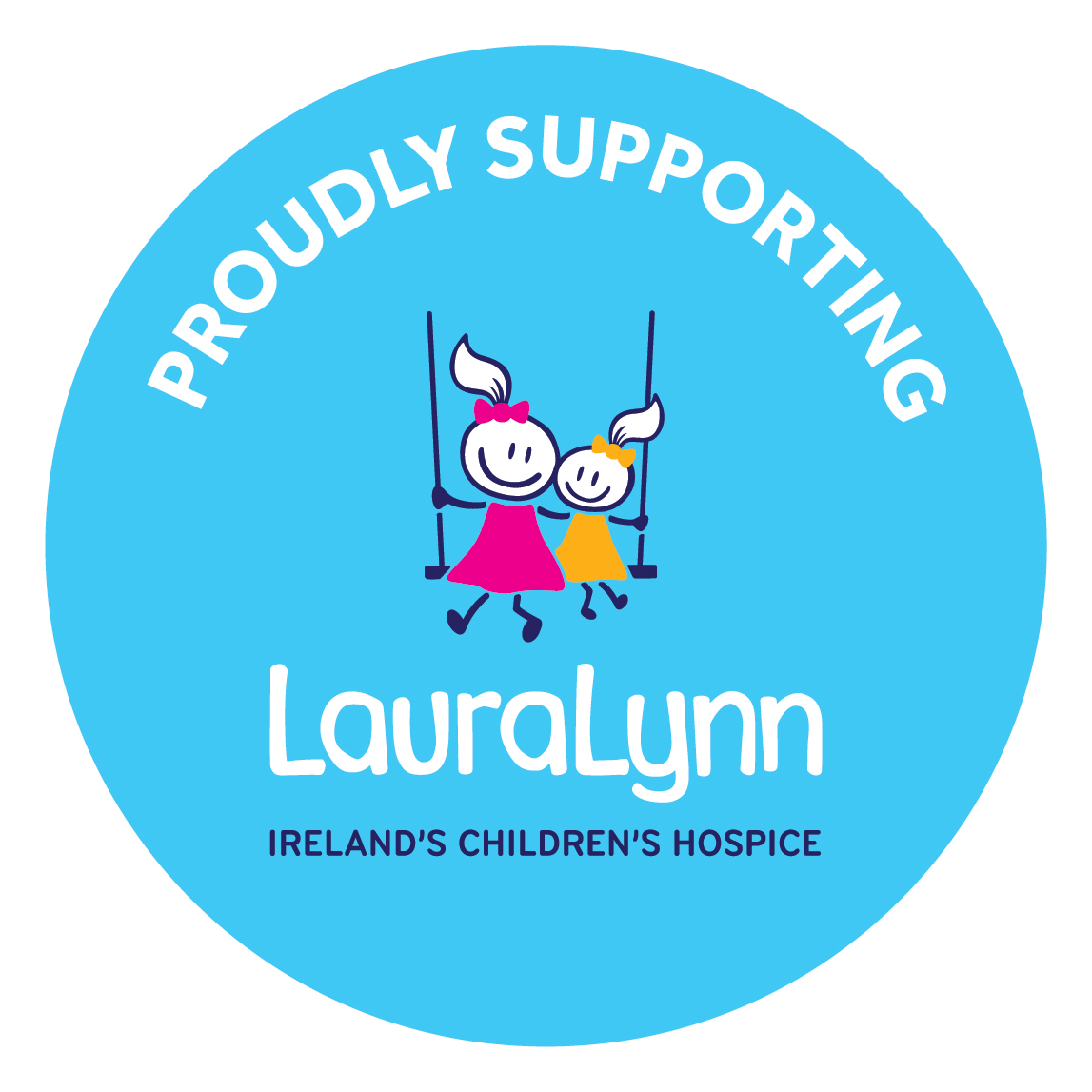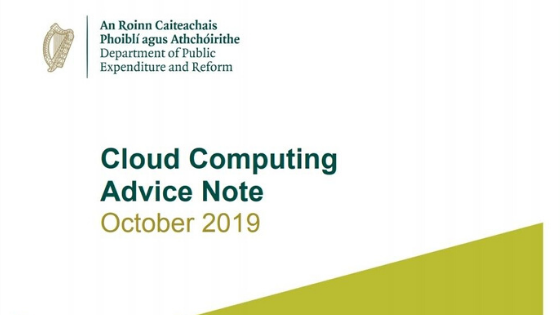Members of the Crowleys DFK Corporate Social Responsibility team recently visited our Charity Partner, LauraLynn, to witness first-hand the amazing care this remarkable charity provide to children with life limiting conditions from all over Ireland and the supports provided to their families.

Pictured from left to right: Natalie Kelly, Kim McCarthy, Donna Gould and Paula McCann
Claire Shiels, from LauraLynn’s Corporate Fundraising Team took time out of her busy day to do some planning with the team for the year ahead and to show them around the hospice to share details of the holistic approach to care LauraLynn takes to meet the needs of each family throughout their journey – from their child’s diagnosis, throughout their child’s life, through end-of-life and in bereavement – for as long as a family needs support.
Speaking after the visit, Paula McCann said:
“On entering LauraLynn House, there is an overwhelming sense of family. From the smiles on the faces of all the wonderful and dedicated staff to the resonating joy from some wonderful children and their families following a music therapy event in the day room, you could not but recognise what an important and precious place LauraLynn is.
Throughout our visit, we were able to see and understand the impact that our support will make in helping families create special memories that last a life-time – whether it goes toward a short stay break for a child and their whole family to stay in the hospice, home support, music and play therapy or family and sibling camps, every cent we raise and every minute volunteered will make a difference.”
The employees at Crowleys DFK have already kicked off their fundraising efforts, having recently raised close to €500 on a raffle to win an annual leave day. A team of ten volunteers from across the firm will also be giving LauraLynn a helping hand at the Annual Heroes Ball on 28 March, in addition to sponsoring a corporate table on the night.
A number of other fun fundraising initiatives are currently in the works for the year ahead to help LauraLynn with the €4.6m they need to raise in 2020 to keep their services running. Stay tuned for more updates!



